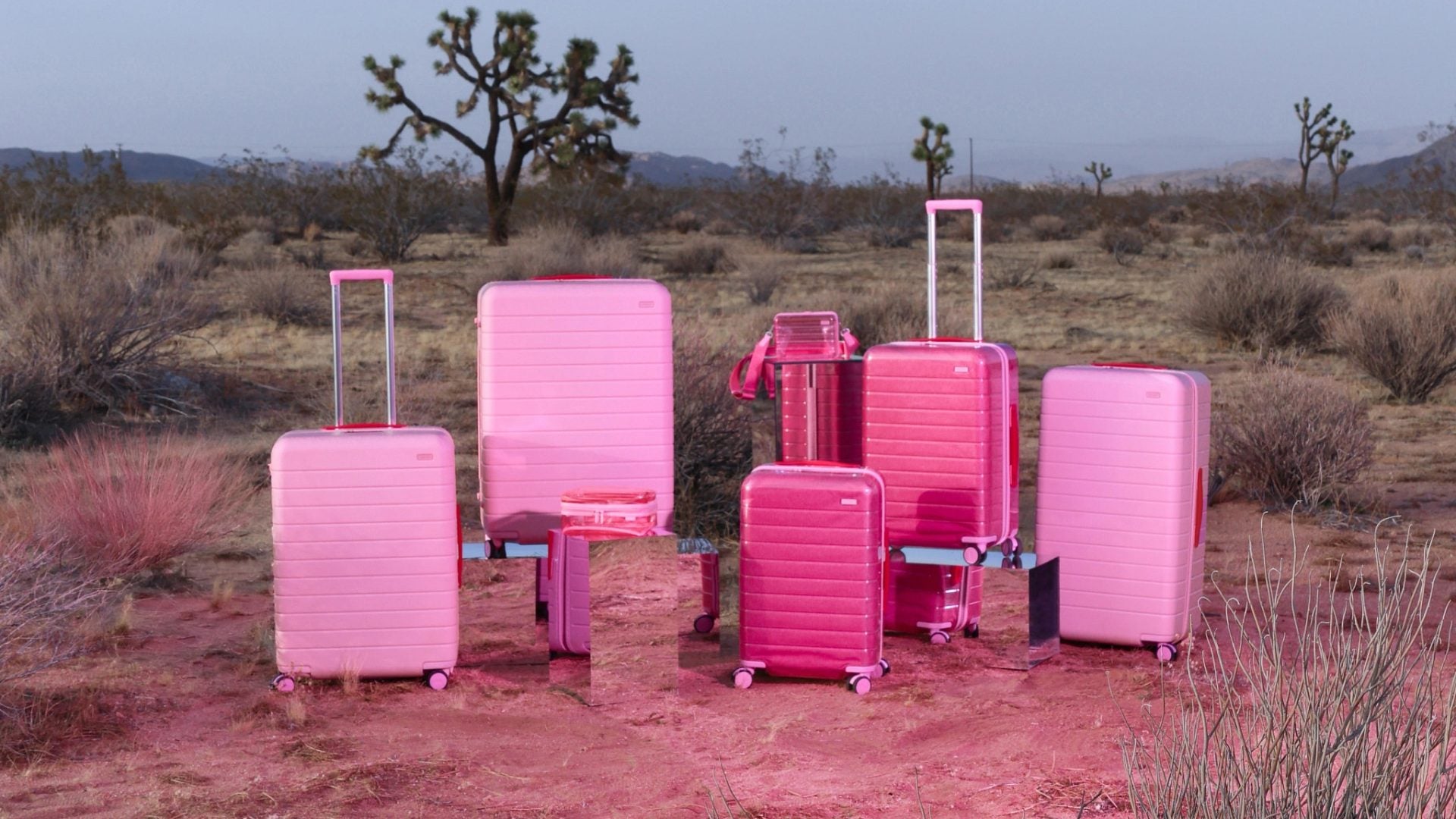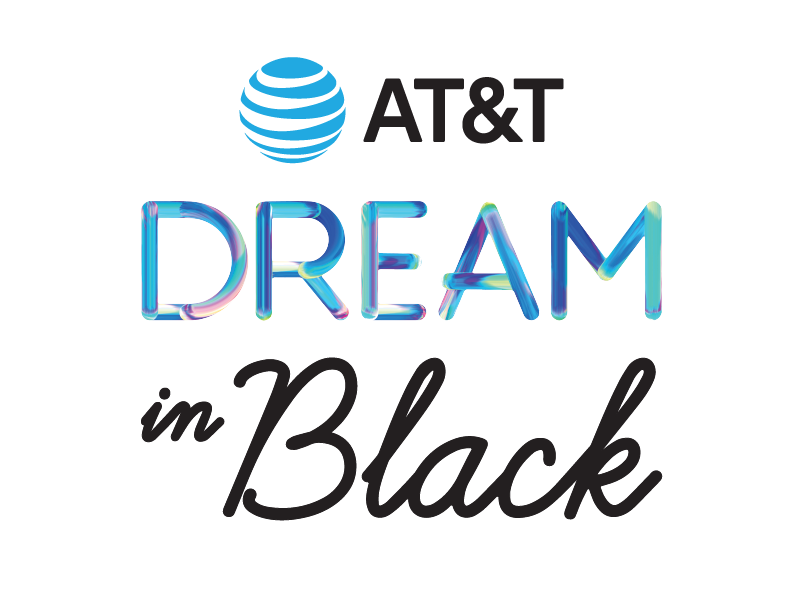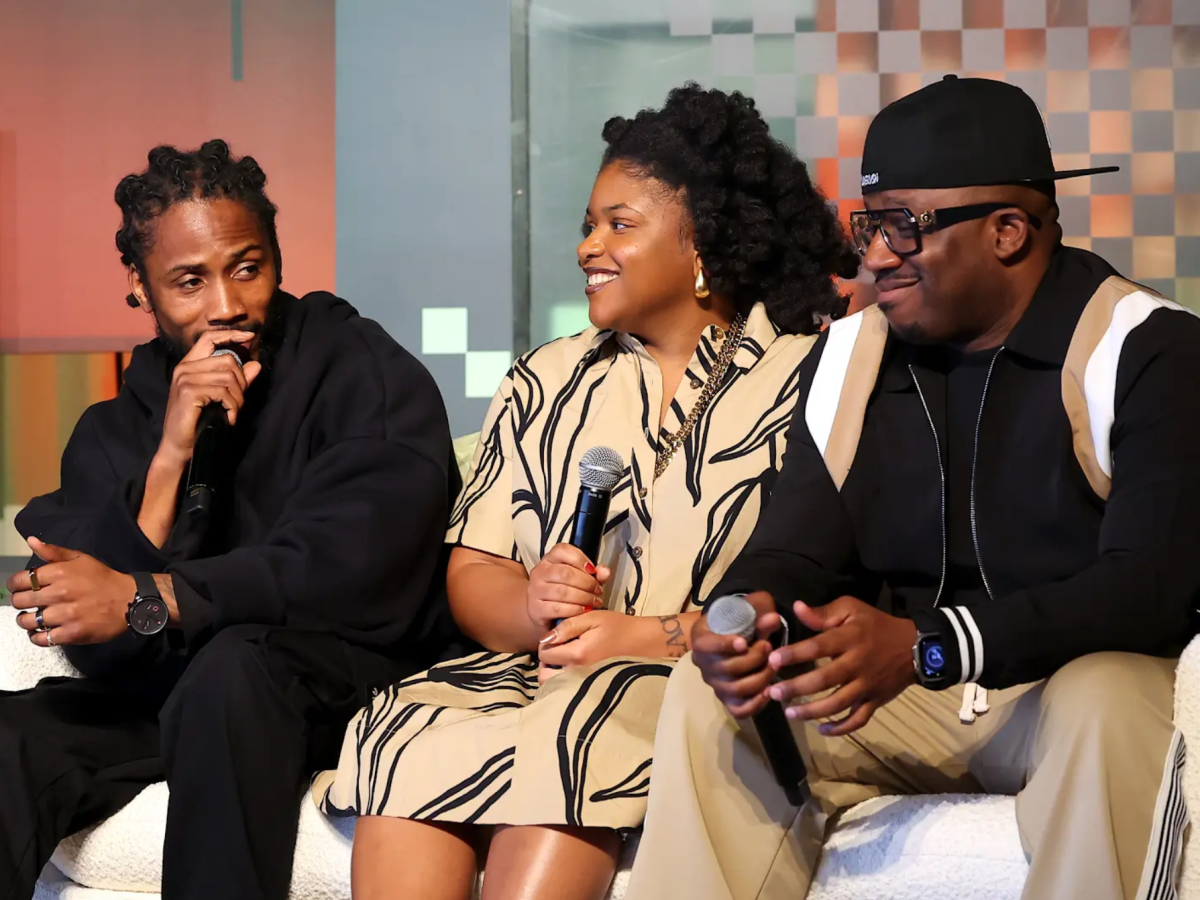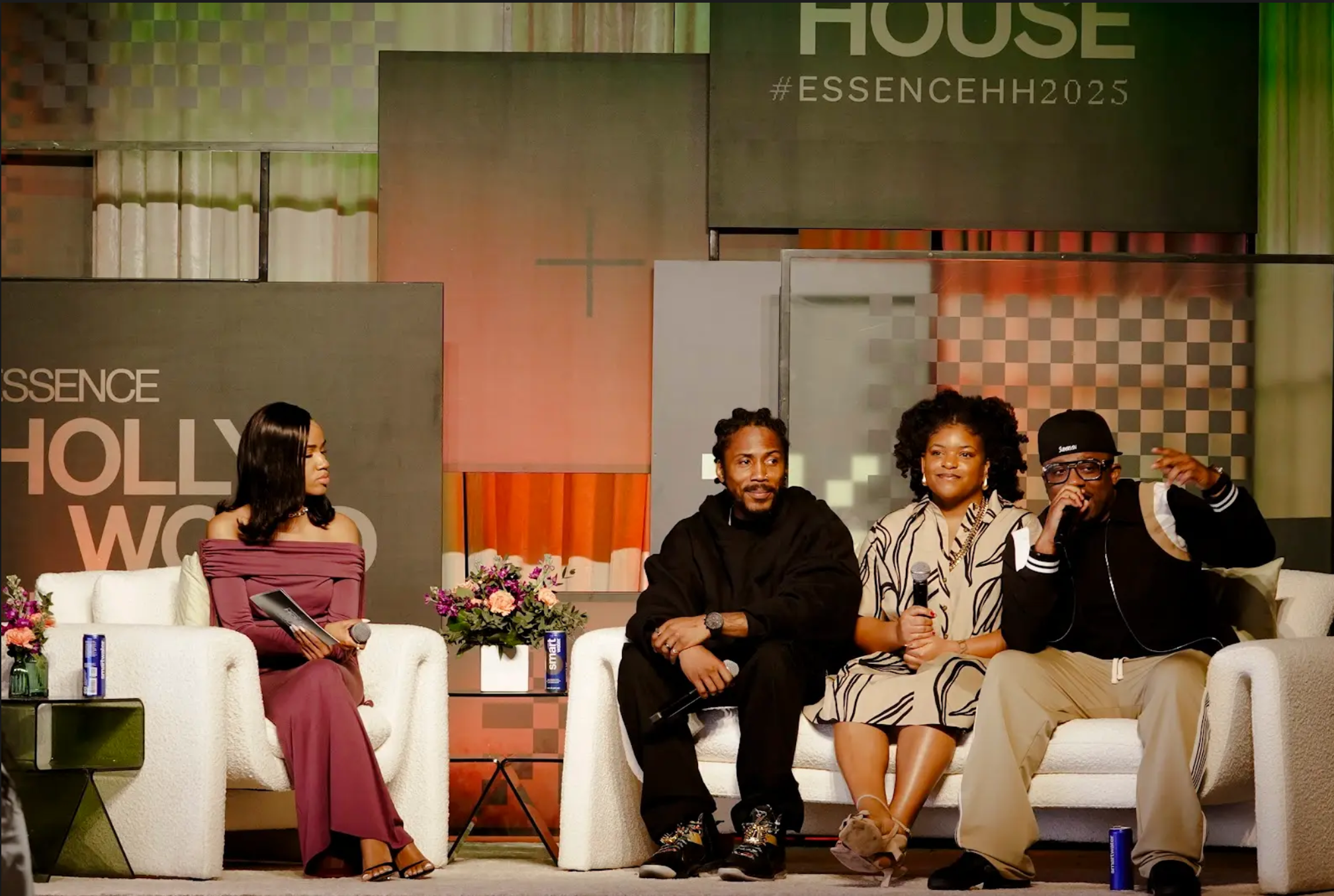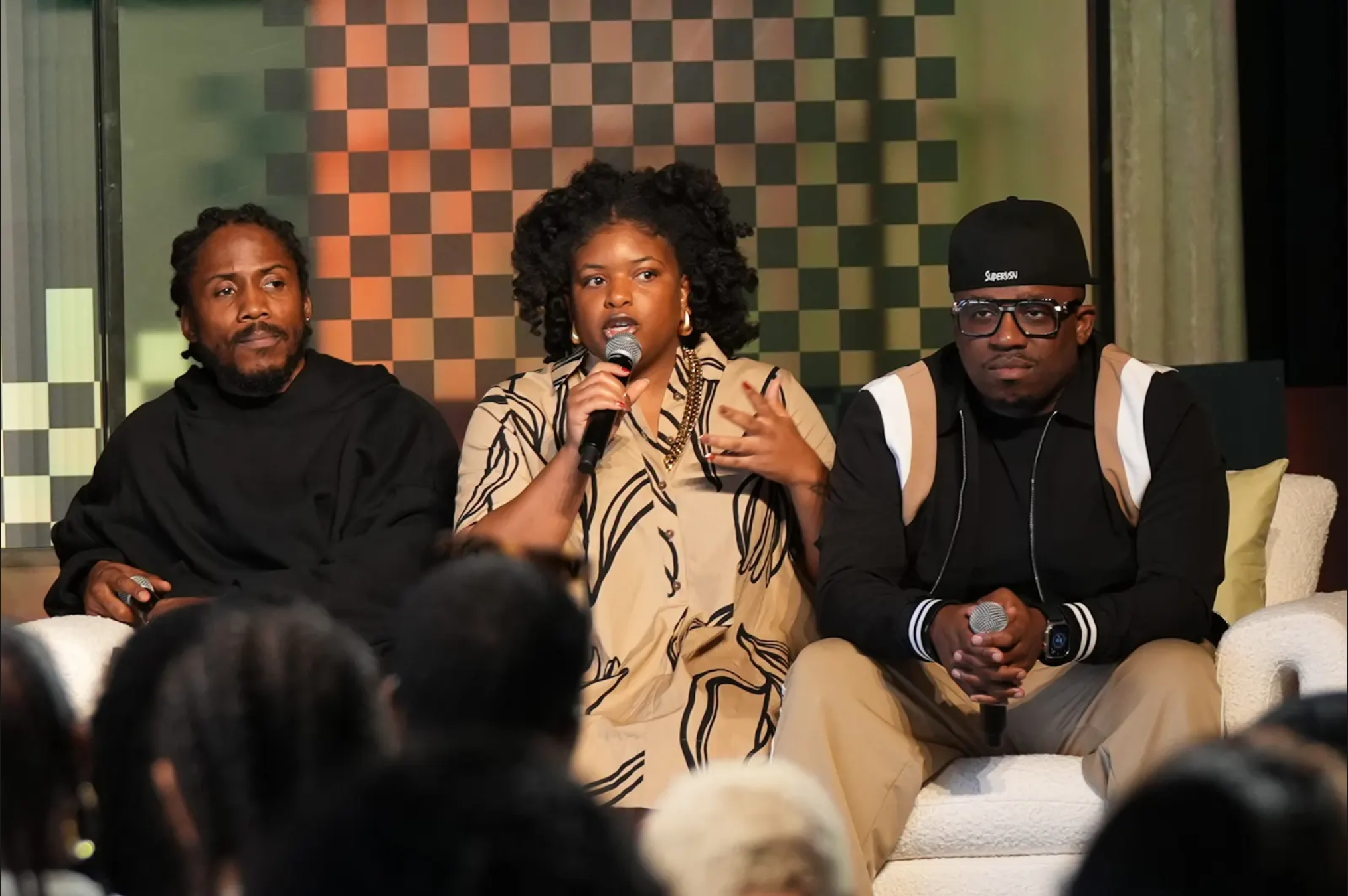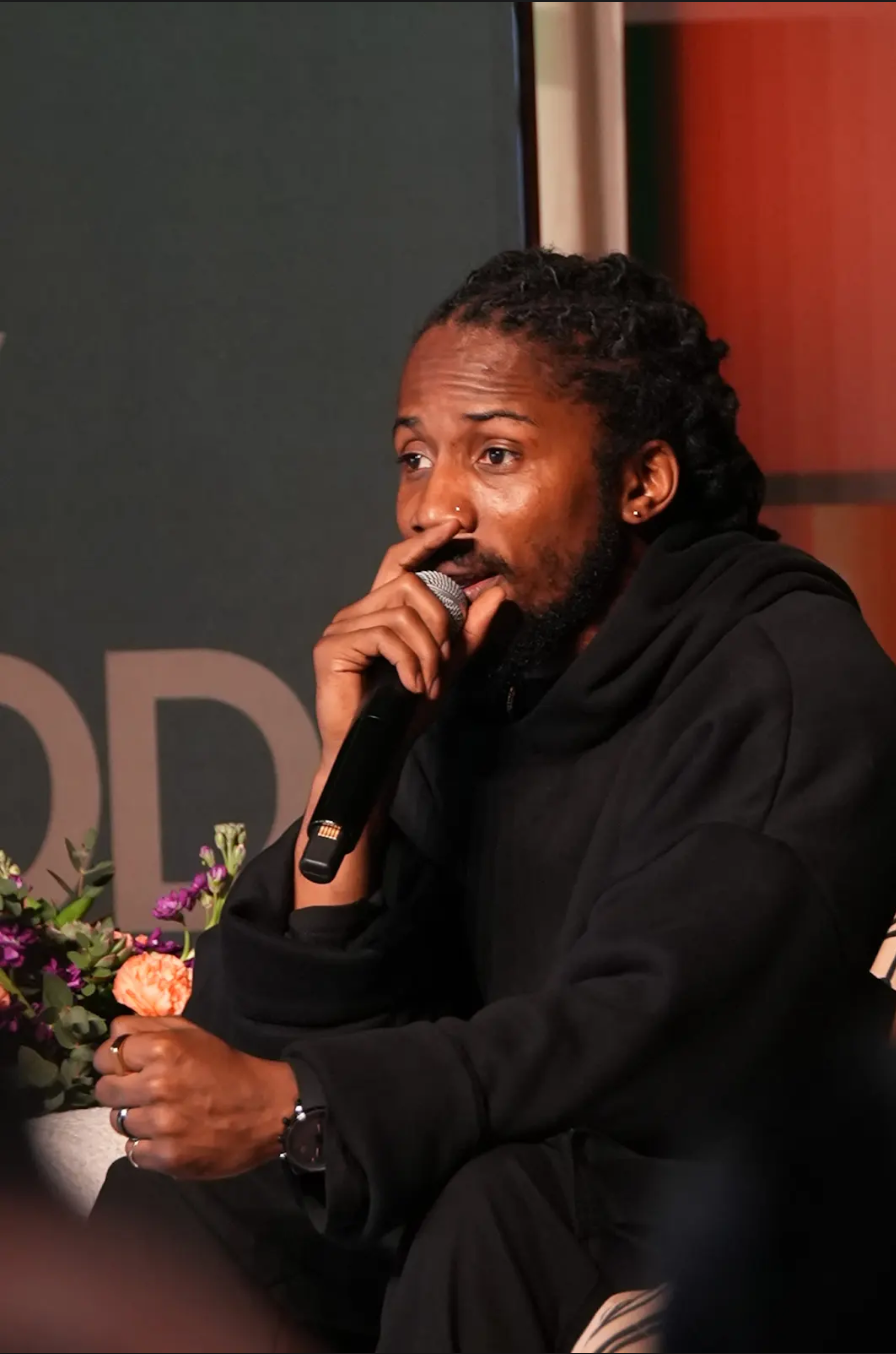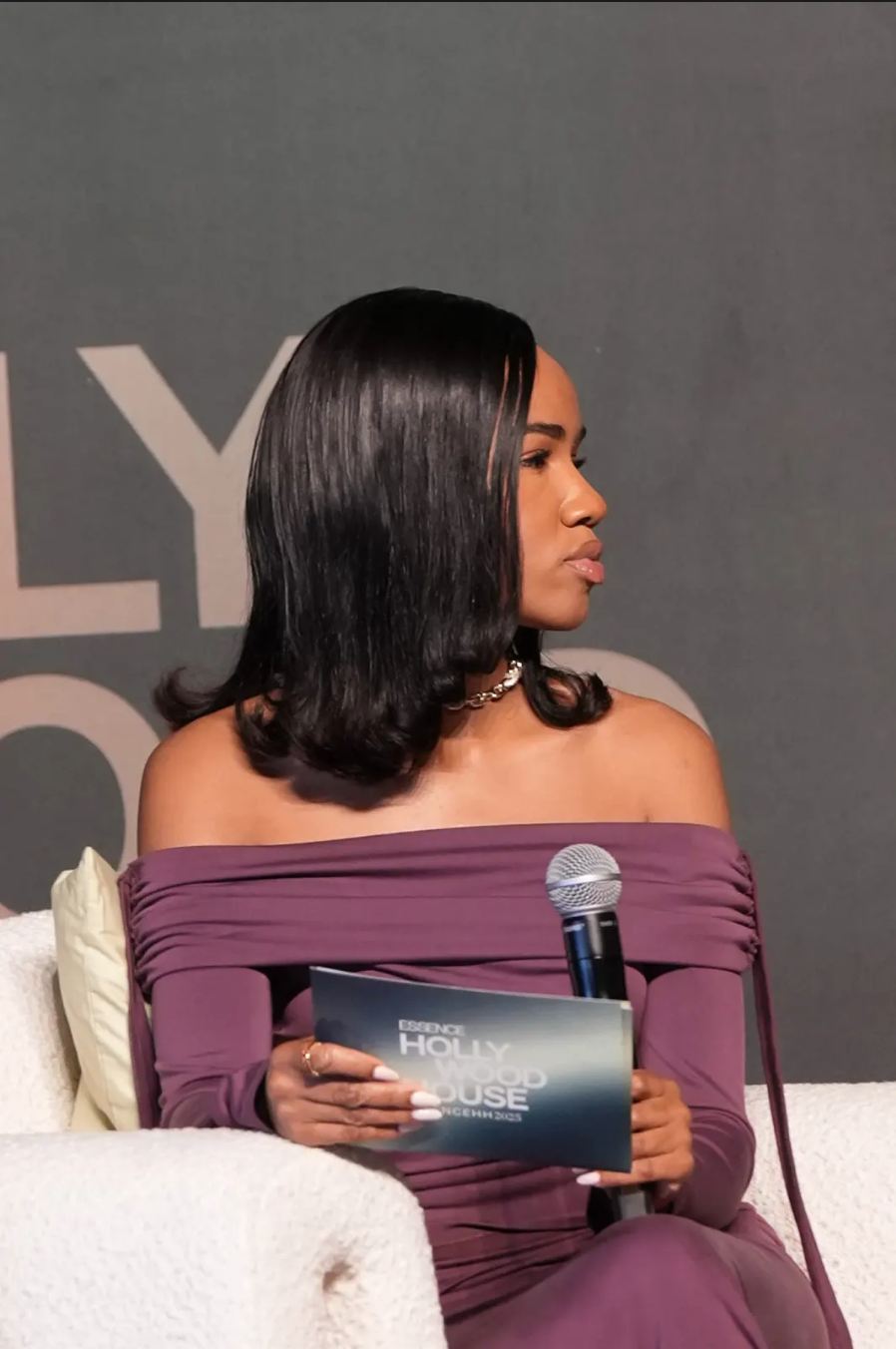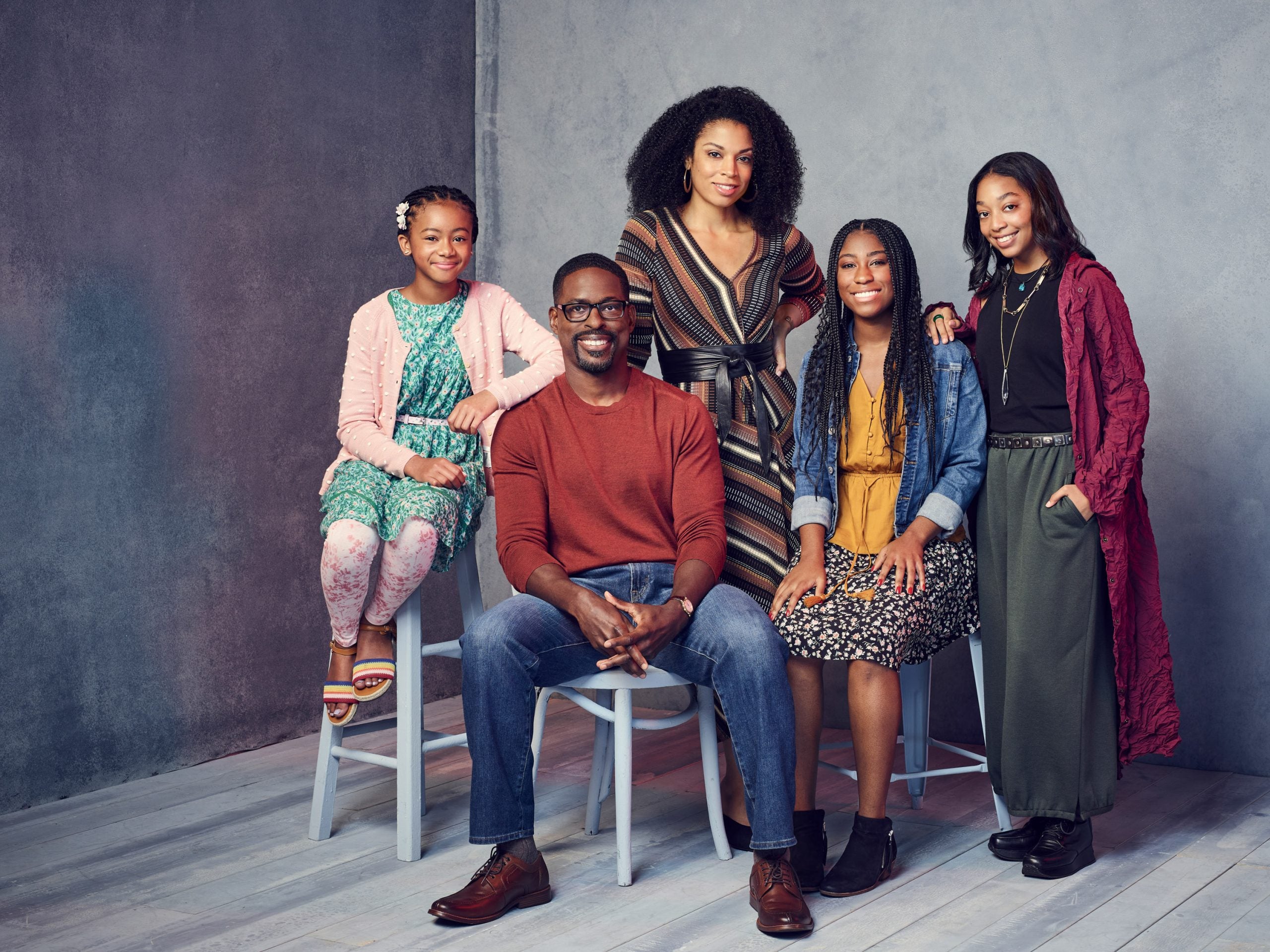
With This Is Us finally completely wrapped, many fans have been left wondering what would be next for the Pearson clan, particularly the beloved Black Pearsons. The story of Randall, wife Beth, and daughters Tess, Annie, and Deja captivated audiences for six seasons, bringing laughs, tears, and opening the doors of discussion on many a hot-button topic among couples and parents alike.
For writers Kay Oyegun, Eboni Freeman, and Jon Dorsey, the end of the This is Us era is a bittersweet one. On one hand, it’s hard to bid farewell to such a beloved property that they each worked so hard on. But on the other, it spells a new chapter of great beginnings and grand opportunities – not to mention time for some well-earned rest.
“People are asking you that question a lot. Like, ‘how do you feel?’ Are you sad? Is it bittersweet?’ And yeah, all those things,” Freeman said, noting that the finality still didn’t seem all that real since this is normally the time the show would be on hiatus anyway. “When I watched, I got really emotional. Surprisingly, more than I thought I would. Like, ‘dang, it’s really over.’ Just thinking back on the last four seasons that I’ve been on the show, it has been such an amazing experience. I mean, everyone that works on the show is such incredibly talented and just so generous.”
This is Us was actually the first staff seat in the writer’s room for both Dorsey and Freeman. For Oyegun, a veteran of the writer’s room and the director’s chair, it was something she prepared for.
“I know for myself I had been emotionally preparing for a while,” Oyegun said. “Just sort of basically taking Jack’s advice and savoring every moment.”
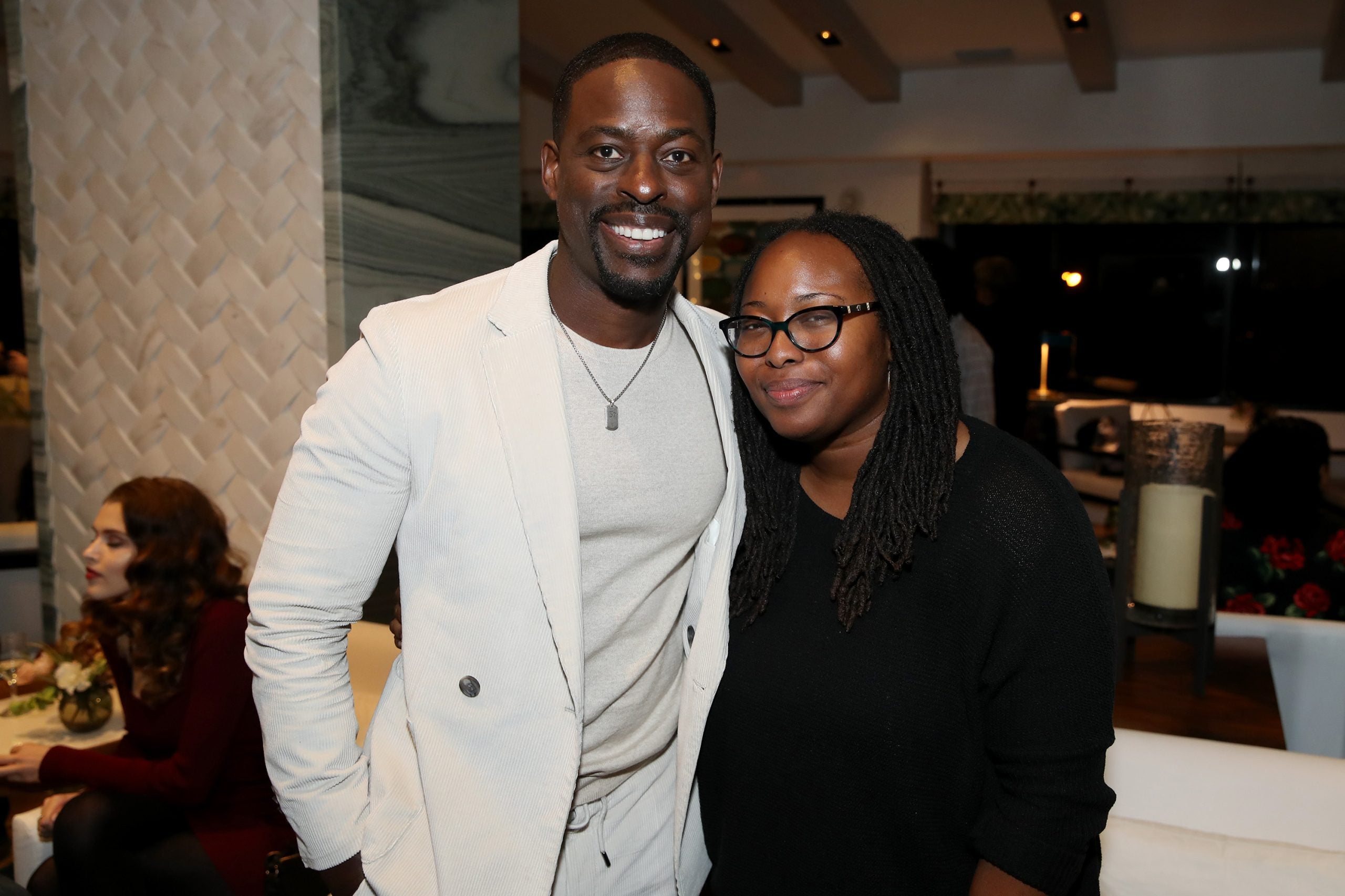
“All the variety of things that have happened, it all feels so complete,” she continued. “I’ve been looking on Twitter. People are like, ‘What about Jack Junior’s wedding? What about Annie’s last haircut?’ They just want to see people brushing their teeth,” she laughed.
“It’s so lovely and so wonderful. But the truth of the matter is, there was a very clear story about the big three that was being told that was completed.”
For Dorsey, now that the story is completed, it’s all about the next opportunity for himself and his coworkers.
“On to the next,” he said. “Everyone is so talented. I’m very excited to see what everybody has coming up.”
Often heralded for depicting an atypical presentation of Black parenting, the writers find it interesting when people are struck by the positivity aand patience Randall and Beth exercised with their children, especially when it came to discipline and handling teenage hormones and attitudes.
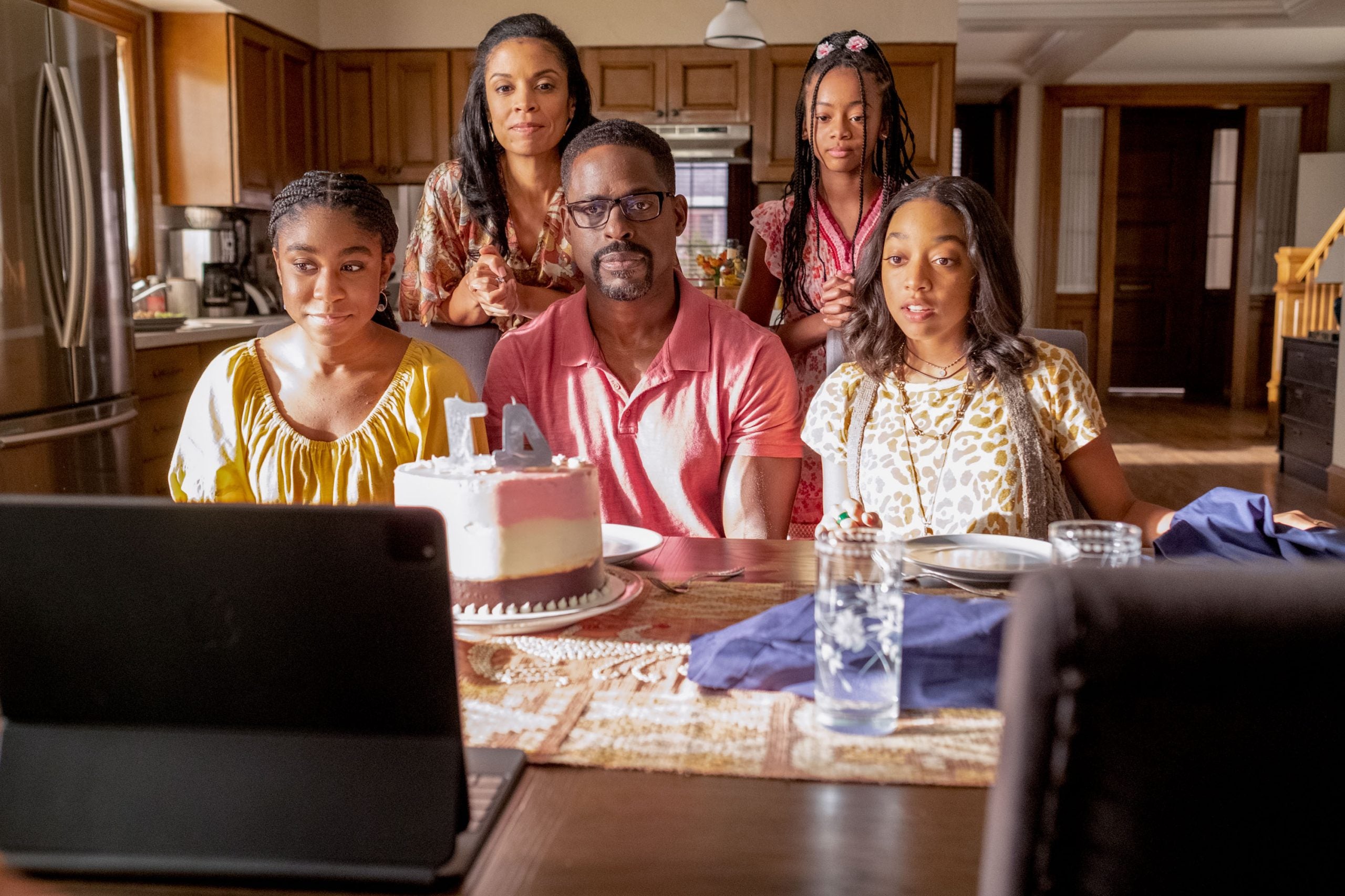
“We got to feed into Randall and Beth, but we didn’t create Randall and Beth,” Oyegun pointed out, noting the diversity of the writers’ room. “They were created from the mind of Dan [Fogelman, show creator]. So there are things [included] about the way he would approach parenting or the way he would approach certain things. If people didn’t recognize it, it was because a person who is not [of our culture] wrote it.”
“I also knew Black parents – including my own growing up – that were like them,” Dorsey added.
Having a multitude of voices weighing in on the depictions of the Black Pearsons made for a viewing experience many in the audience found refreshing and thought provoking. But they did chime in for authenticity’s sake on more than one occasion.
“Sometimes we had debates,” Freeman recalled. “There was that scene with Beth and the girls [arguing, in season 3]. It was a conversation had after it was already written. And the page turned in the room where it was like, ‘hold on, now. These girls, they’re going a bit too far.’ We’re not going to see Beth spank them or call them outside [of their names] or anything like that. But she has got to say something because this is still a Black woman parenting these young girls.”
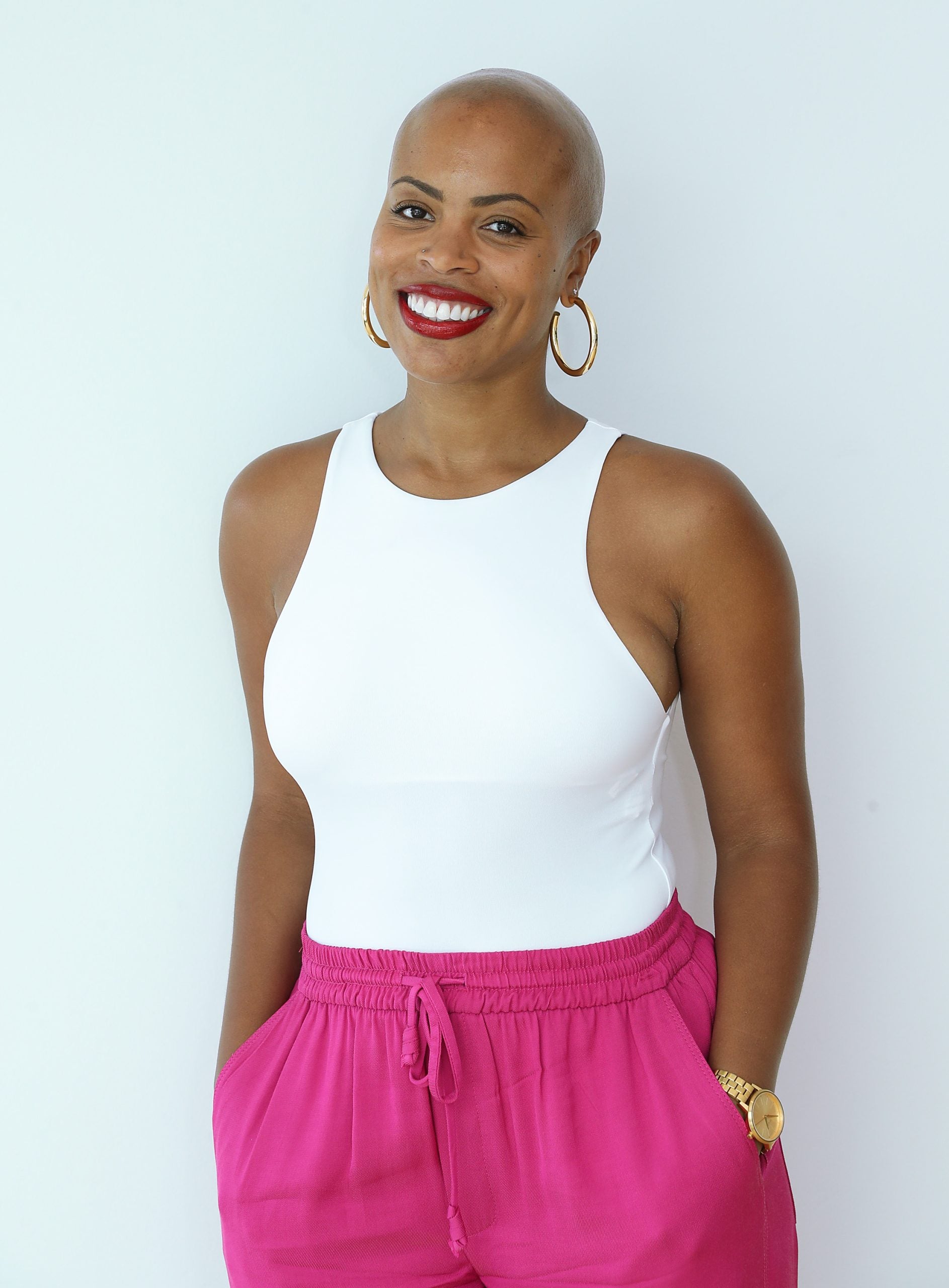
Thankfully, This is Us‘ uniquely open, collaborative environment gave way for discussion and agreement to give viewers the most authentic depiction possible staying true to the stories the entire staff sought to tell.
“There would always be a back and forth in so many of these situations, but it always ended up being like, ‘what’s the version?,'” Oyegun added. “How about this? What’s the version that every, single one of these, at that time, 10 people in the room can agree upon?'”
“This Is Us bar none was one of the healthiest, most loving, most collaborative, most thoughtful environments on the planet,” Oyegun continued, noting that she has been privy to some horror stories in writers rooms that were more homogenous and less cooperative.
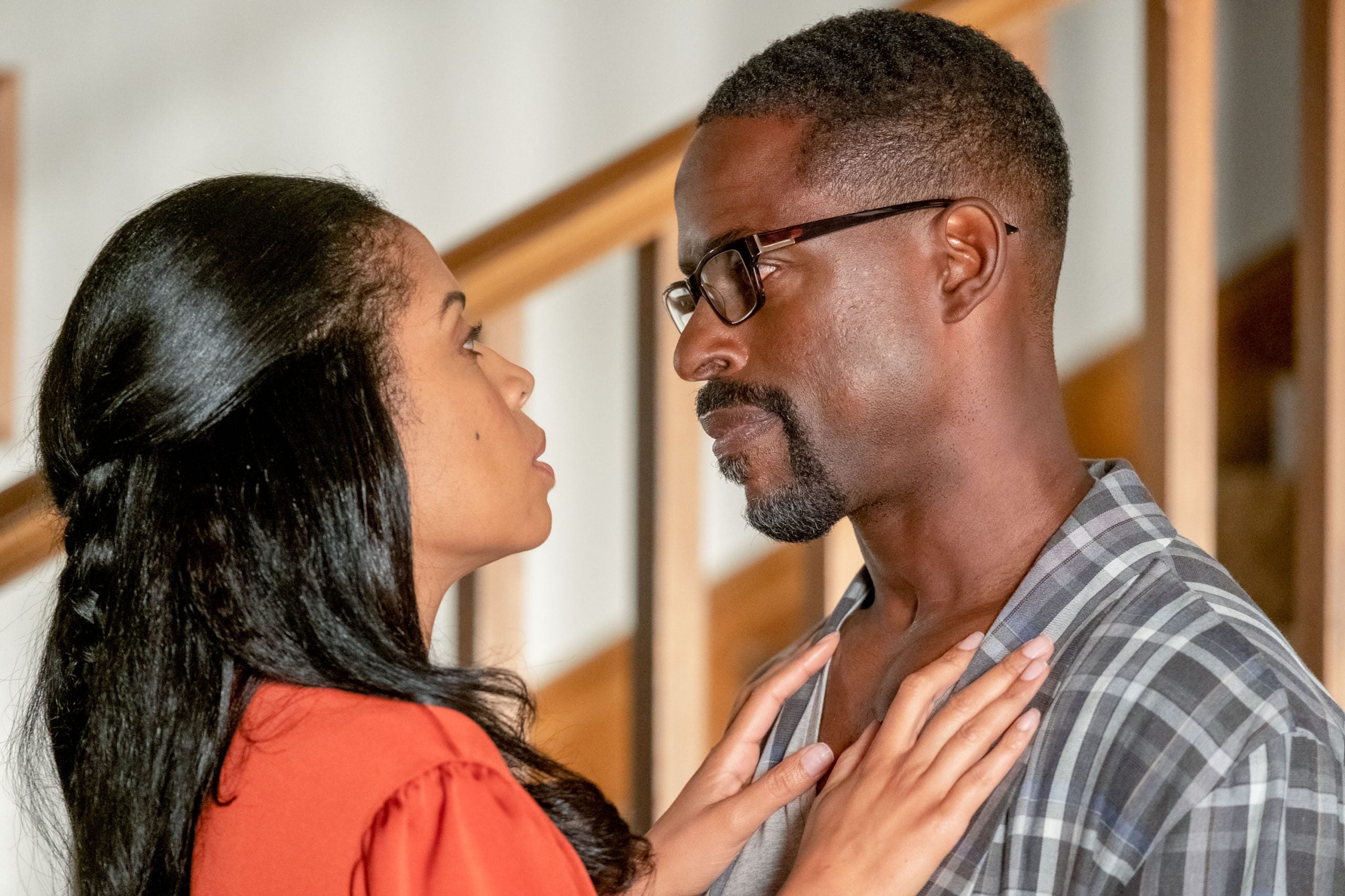
“This Is Us is by far the most diverse [writer’s room I’ve been in],” Dorsey shared. “Beyond that, everyone is just so chill and patient and gracious with their time and talents. I’m curious, though, what a room is like when it’s predominantly Black. Frankly, I know that’s a mirage or something,” he laughed.

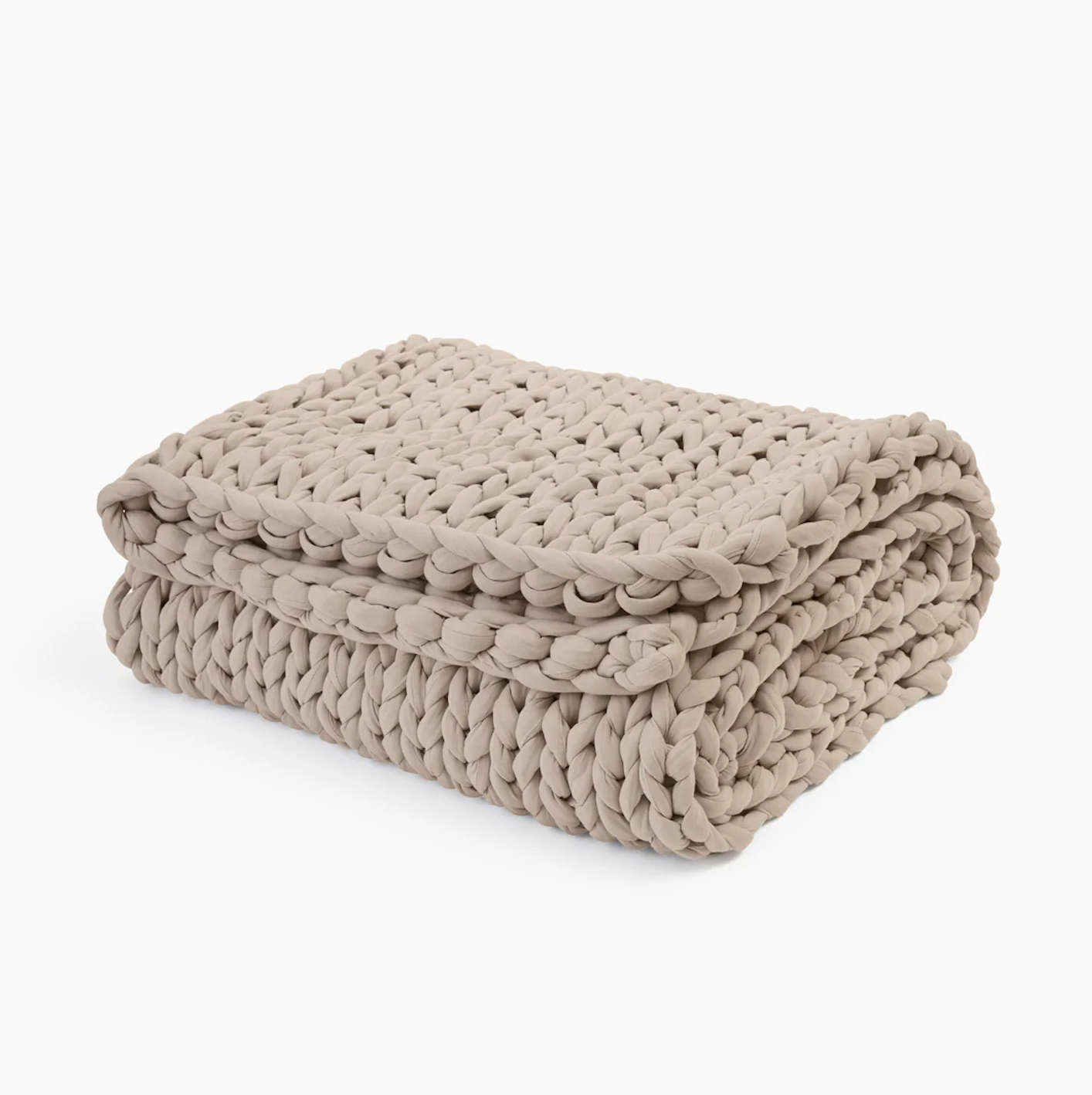
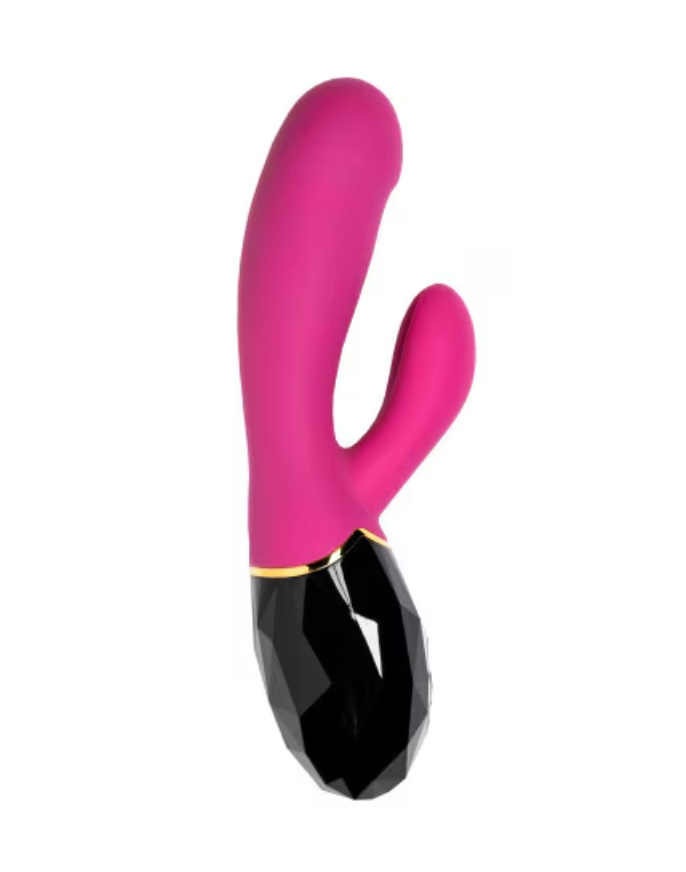
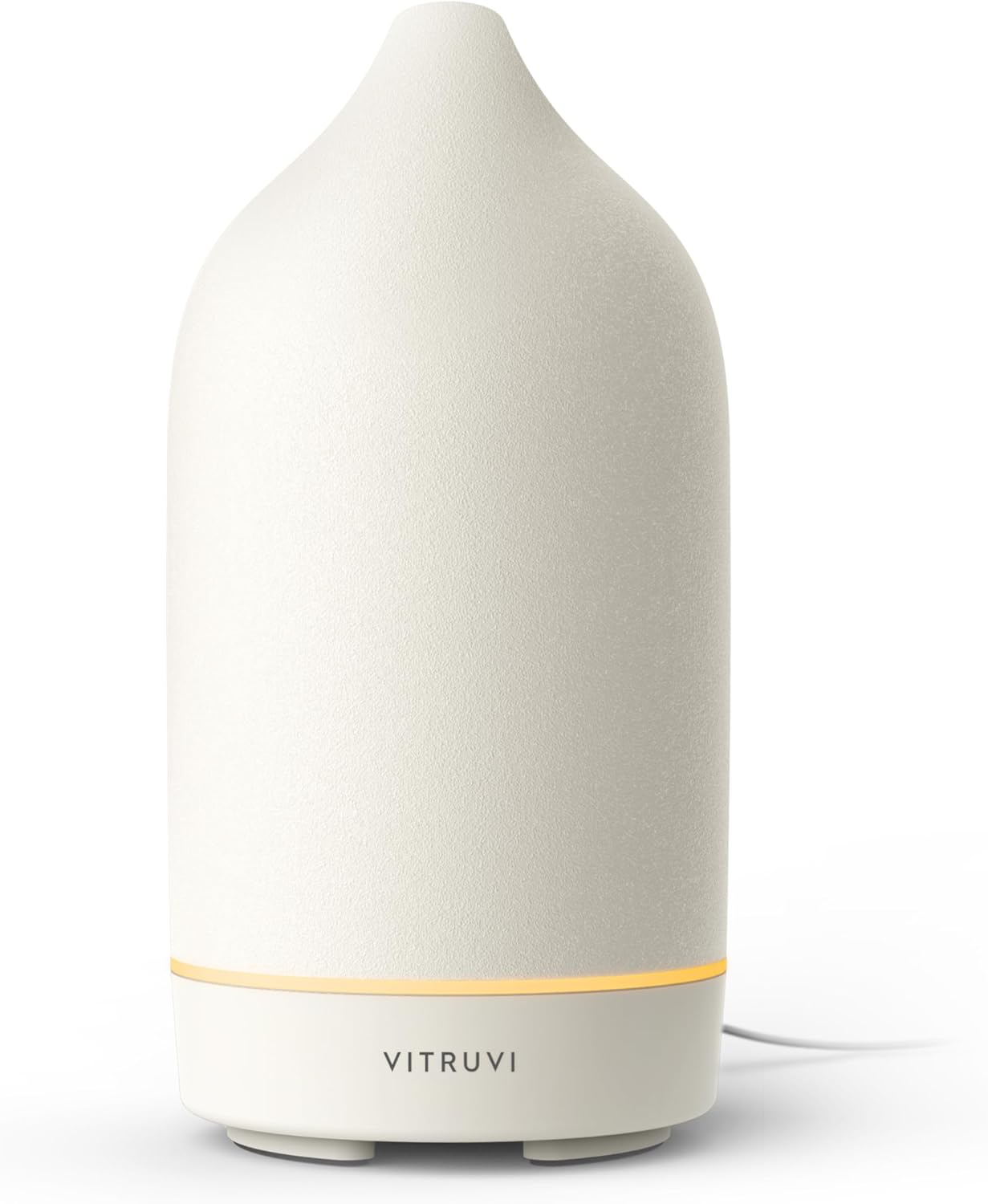

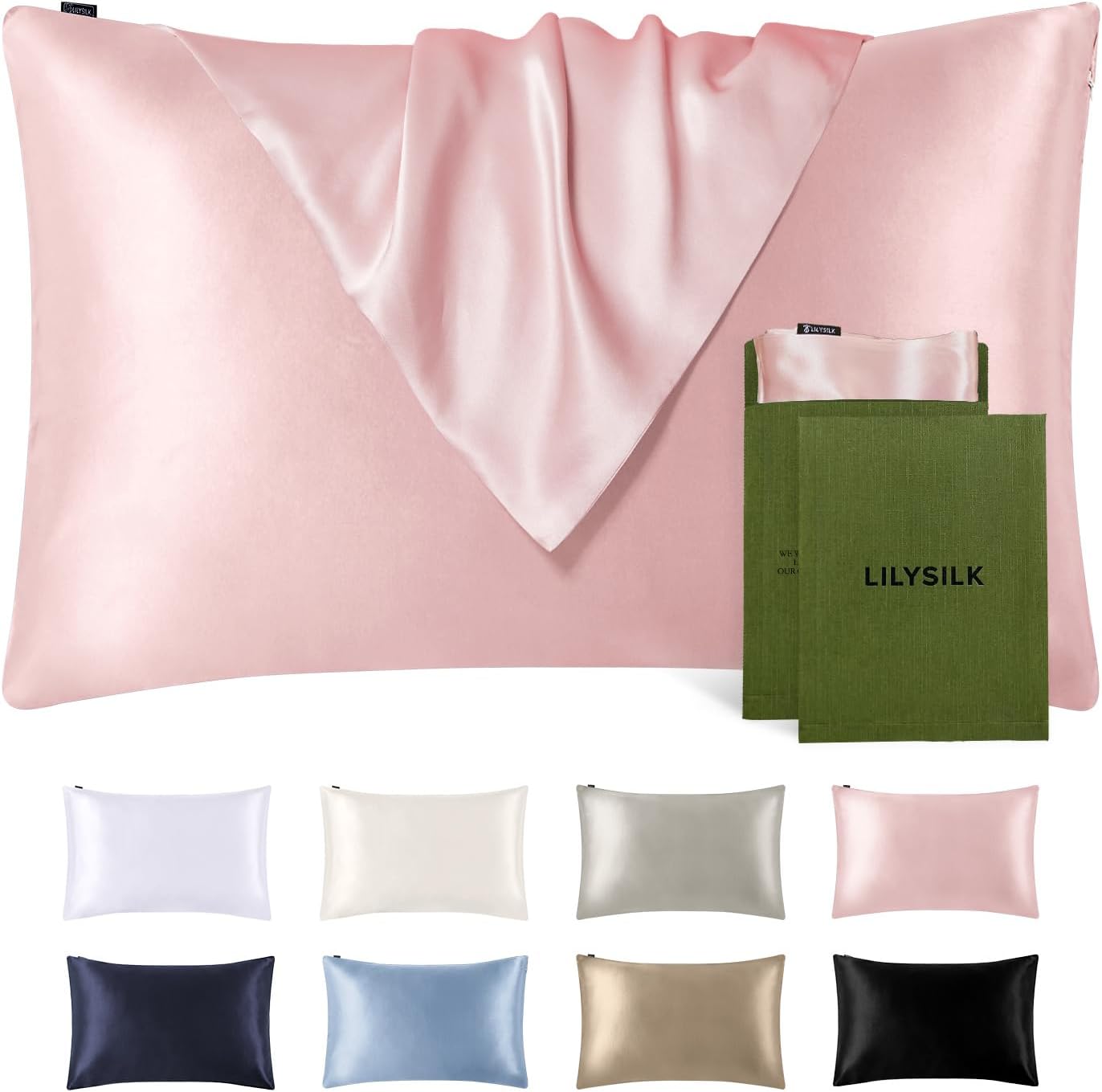

Hey was reminded of one particular day on set when there was a Black episode director, and an all Black cast, working right alongside the Black members of the writing team, signaling the change that is steadily sweeping through mainstream Hollywood.
“It was just really a great experience. There was one moment when Susan [Kelechi Watson] walked by Video Village and she did a double-take because it was so shocking to her that everyone at Video Village was Black for that episode, which – it’s so rare,” Dorsey shared. “The director, the writer, the writers mentor, Sterling was sitting there. It was like, ‘oh wow, we’re kind of doing something interesting.’ Maybe the industry is progressing a little bit.”




